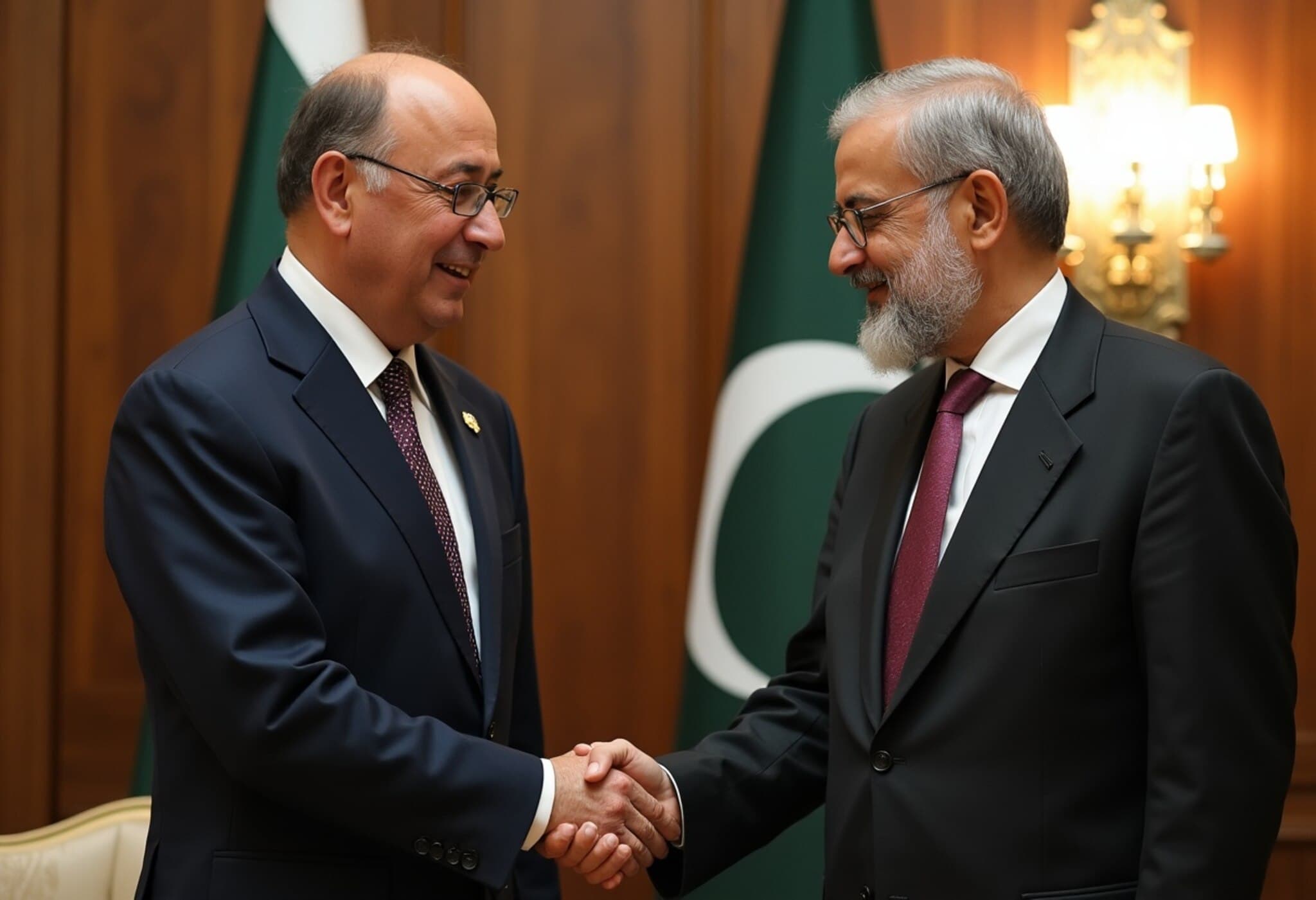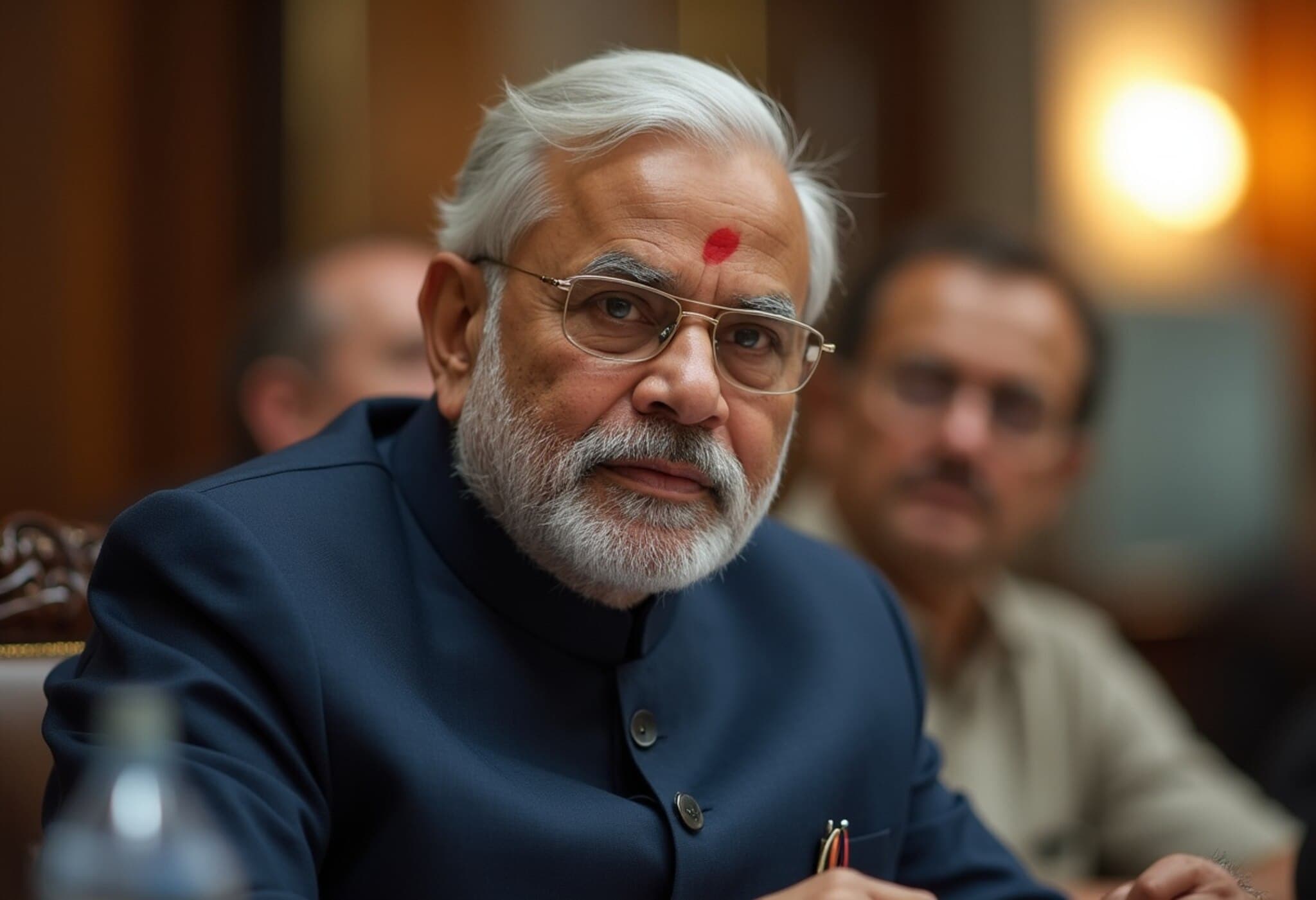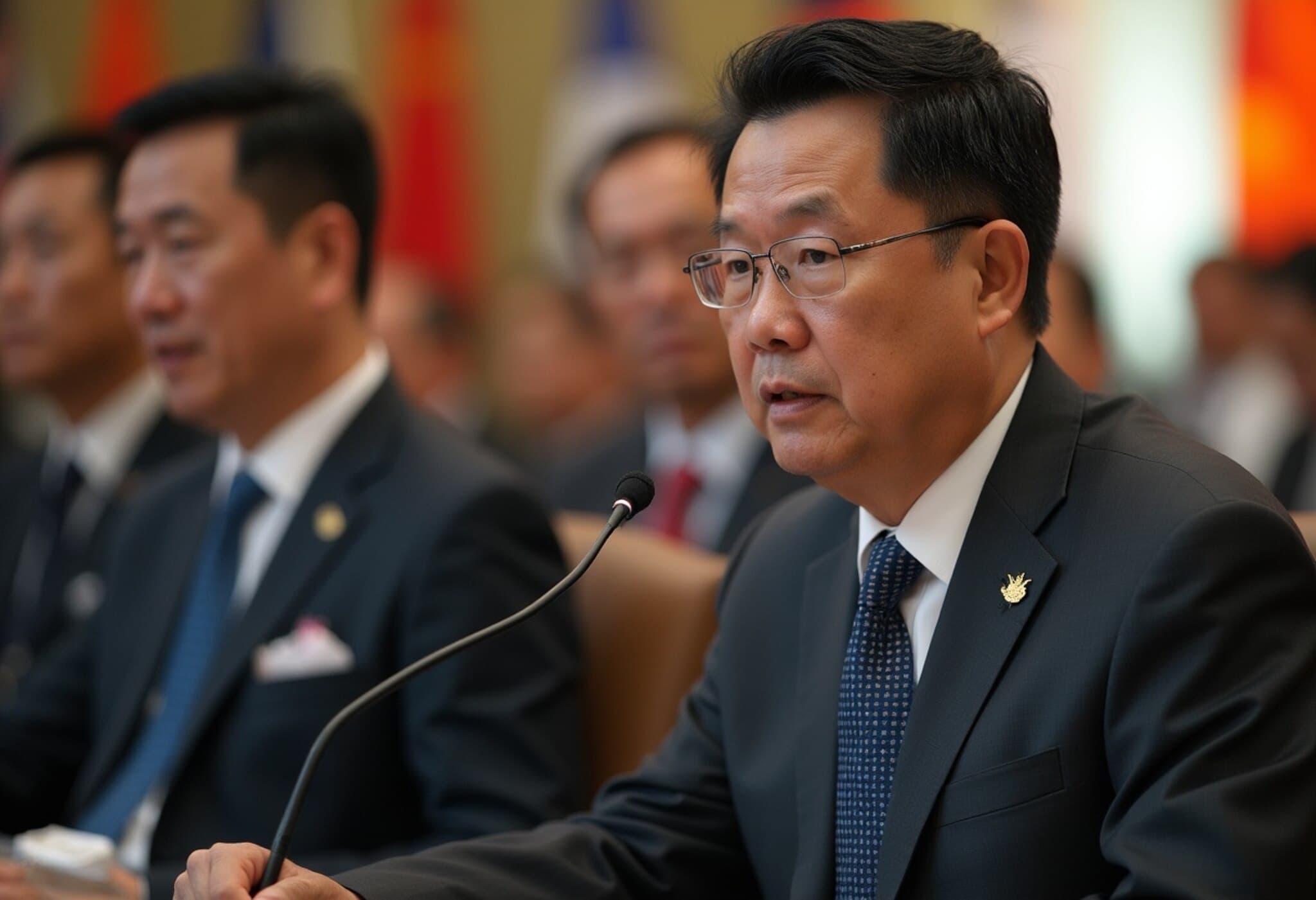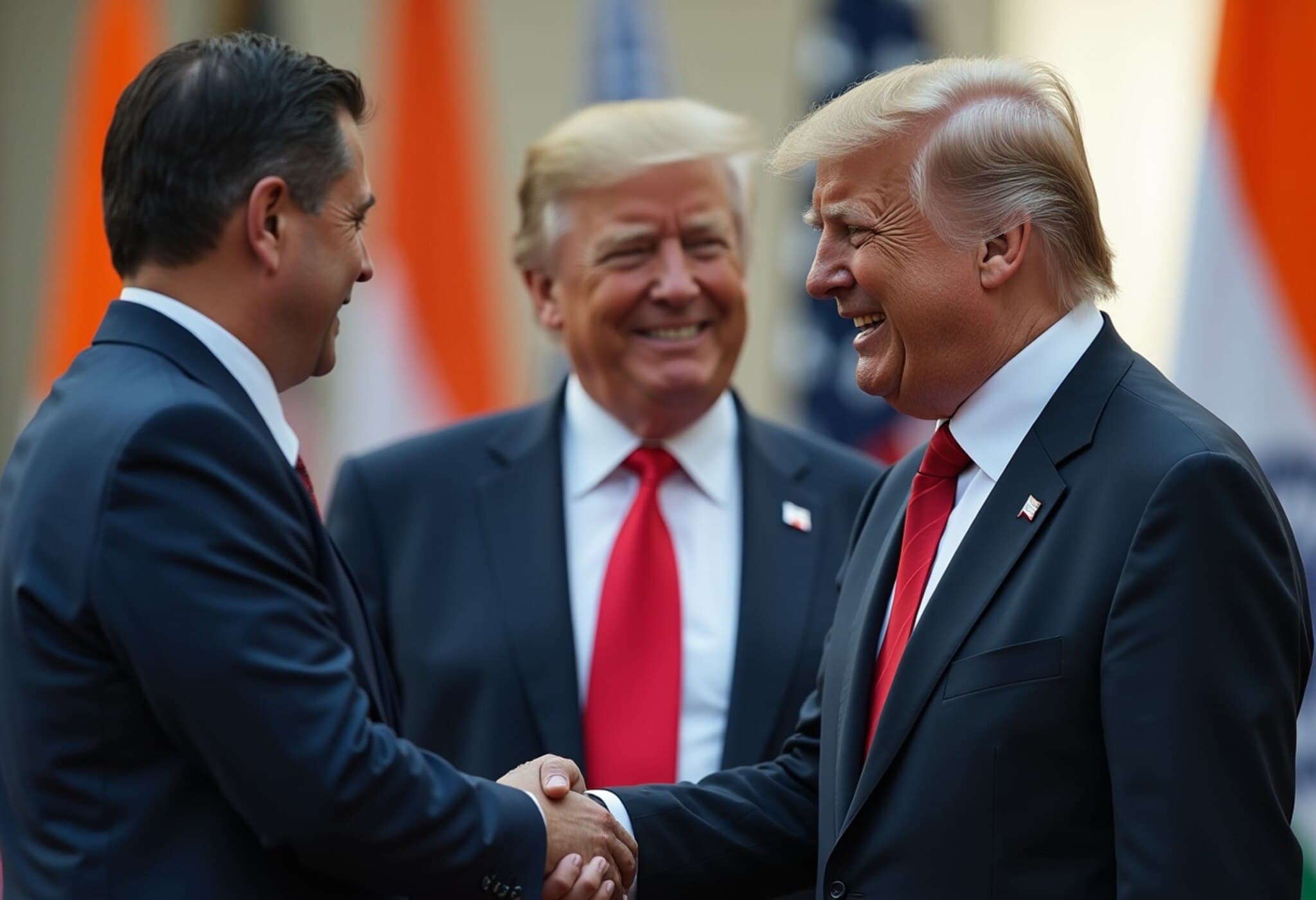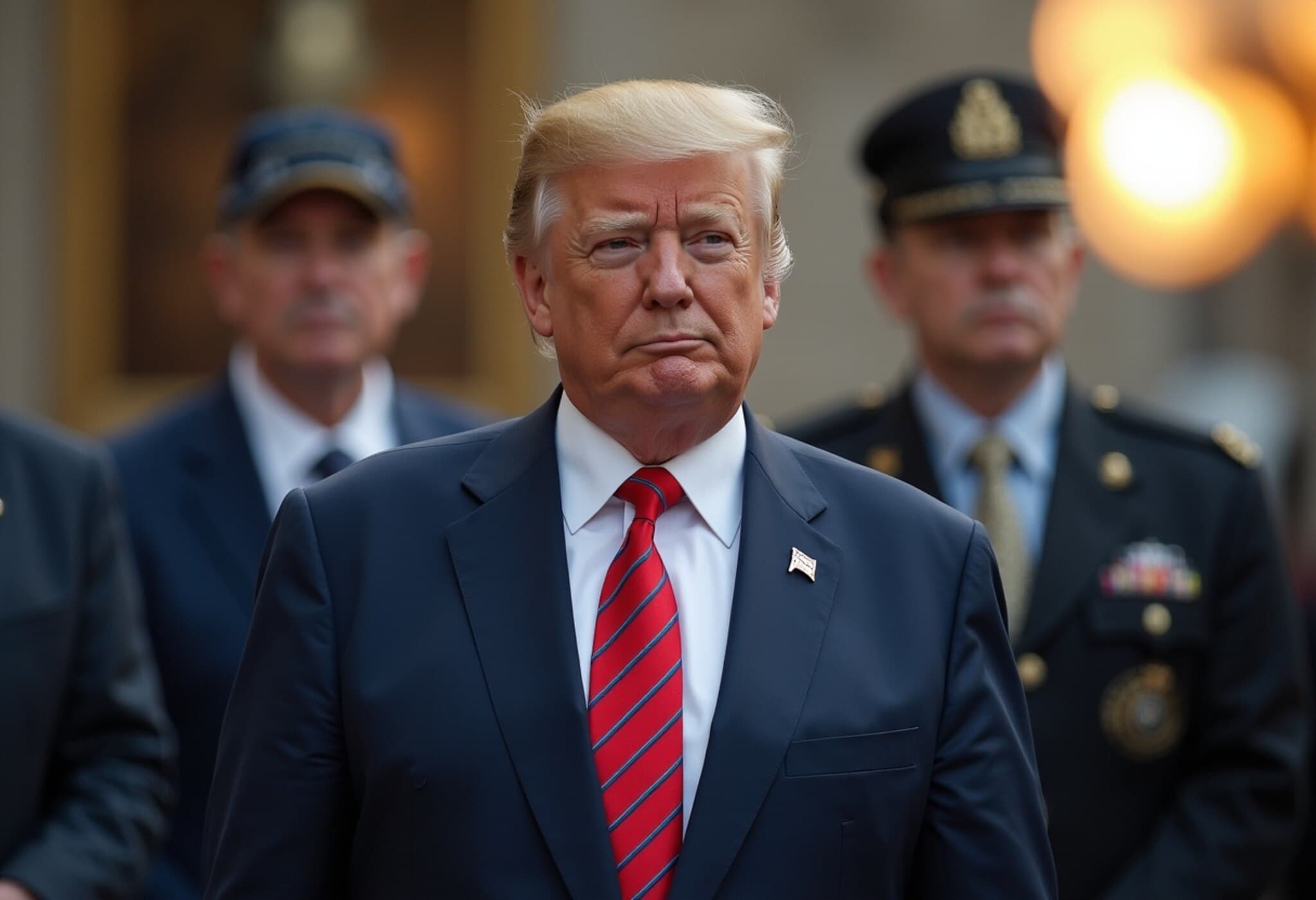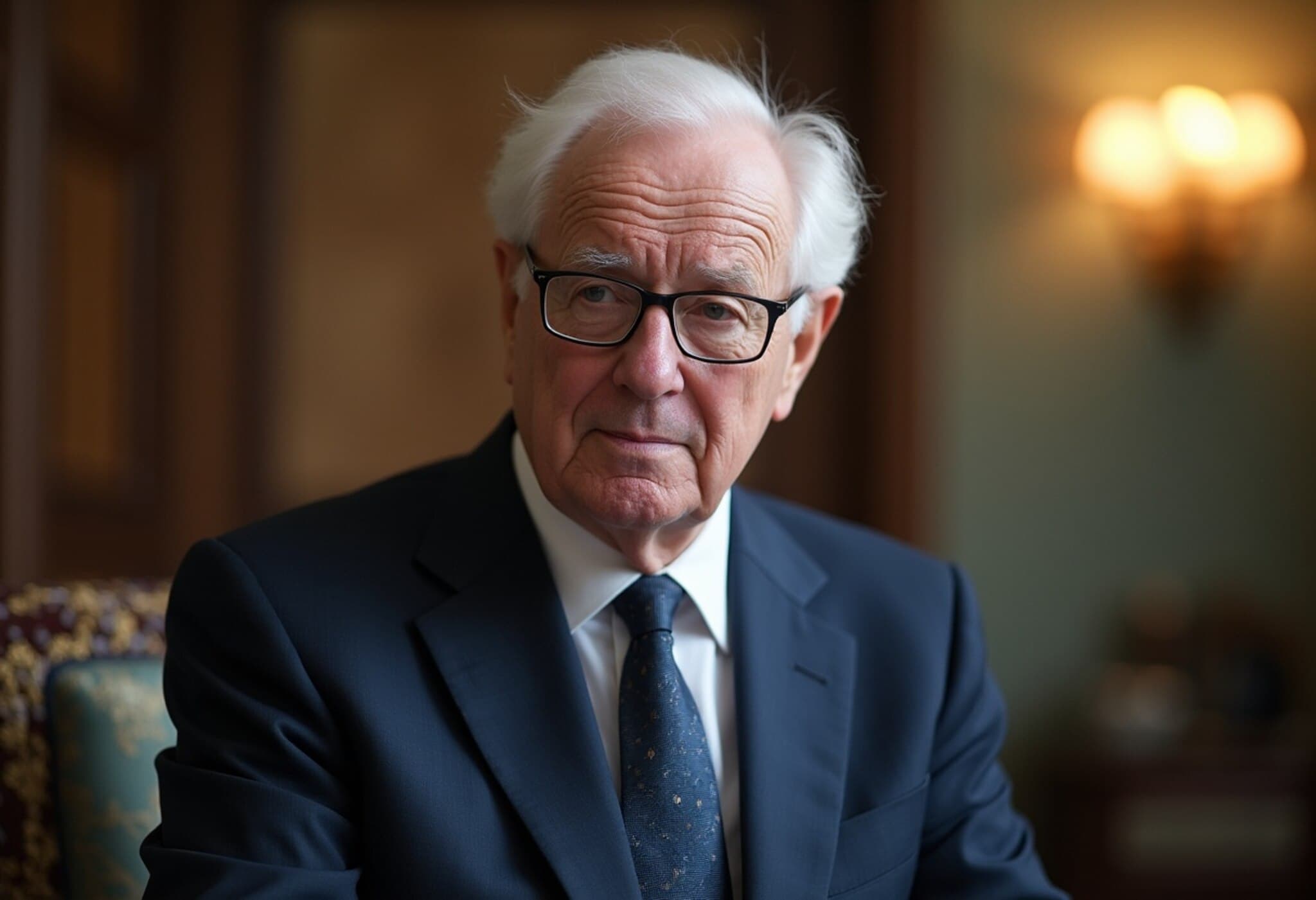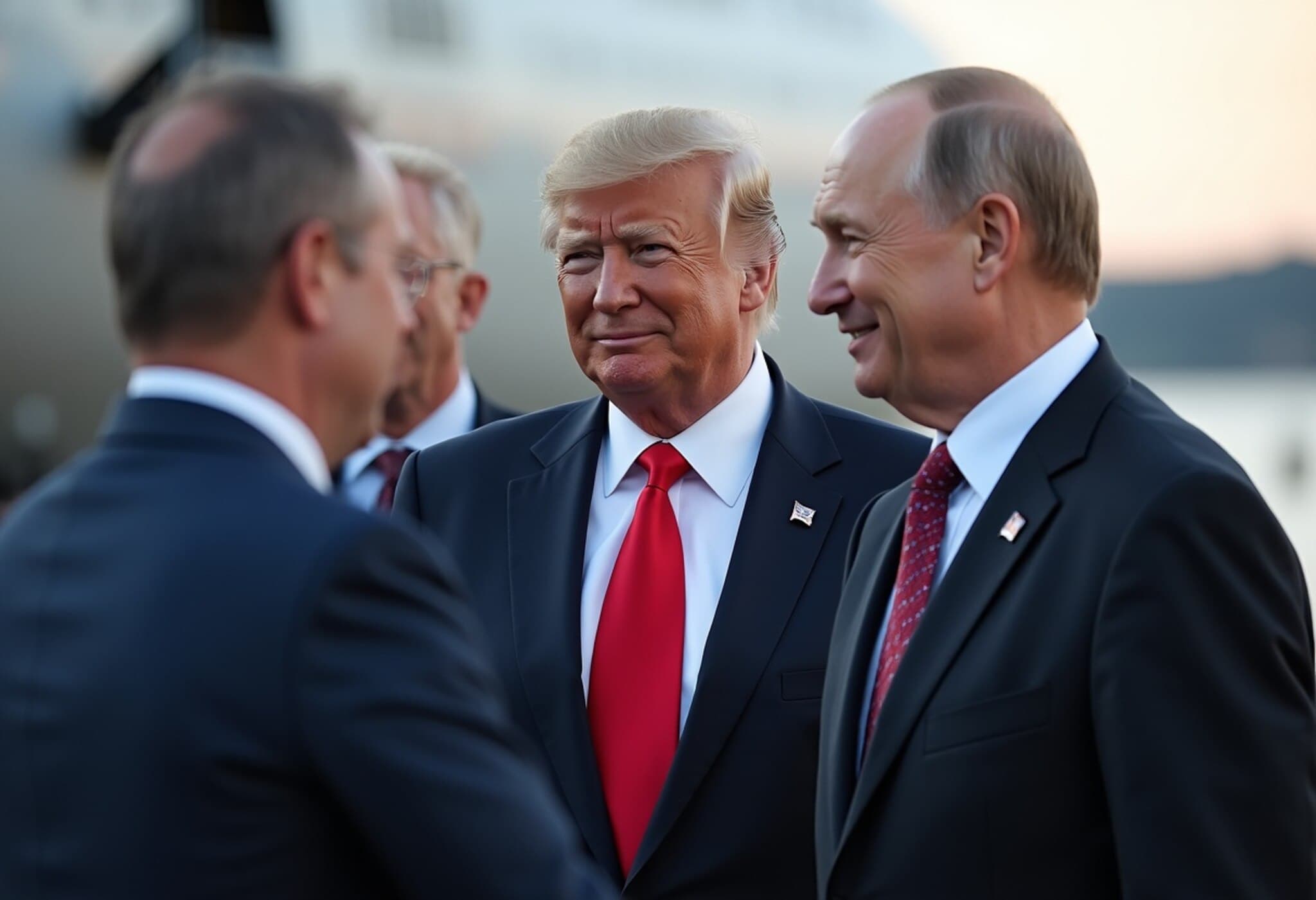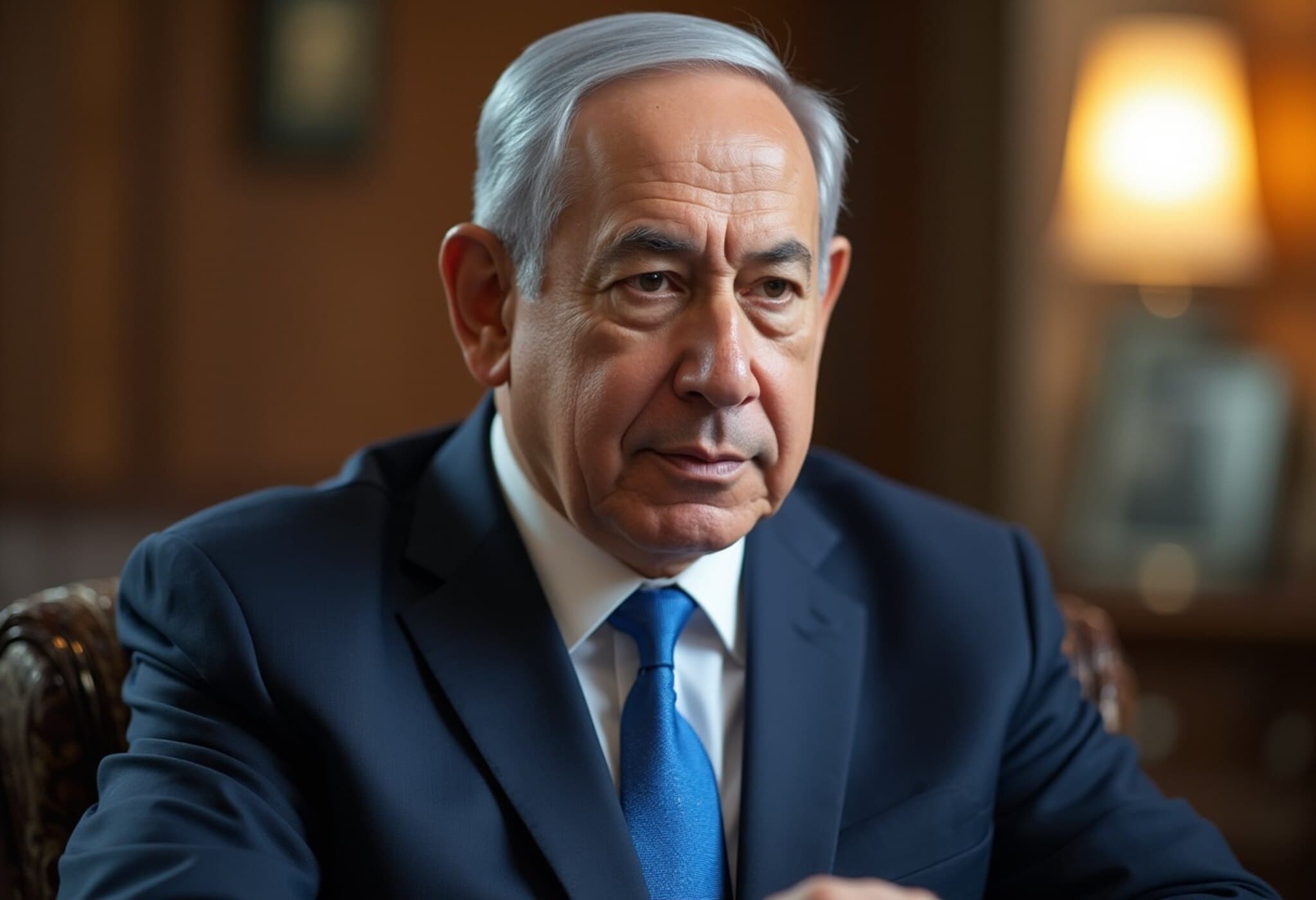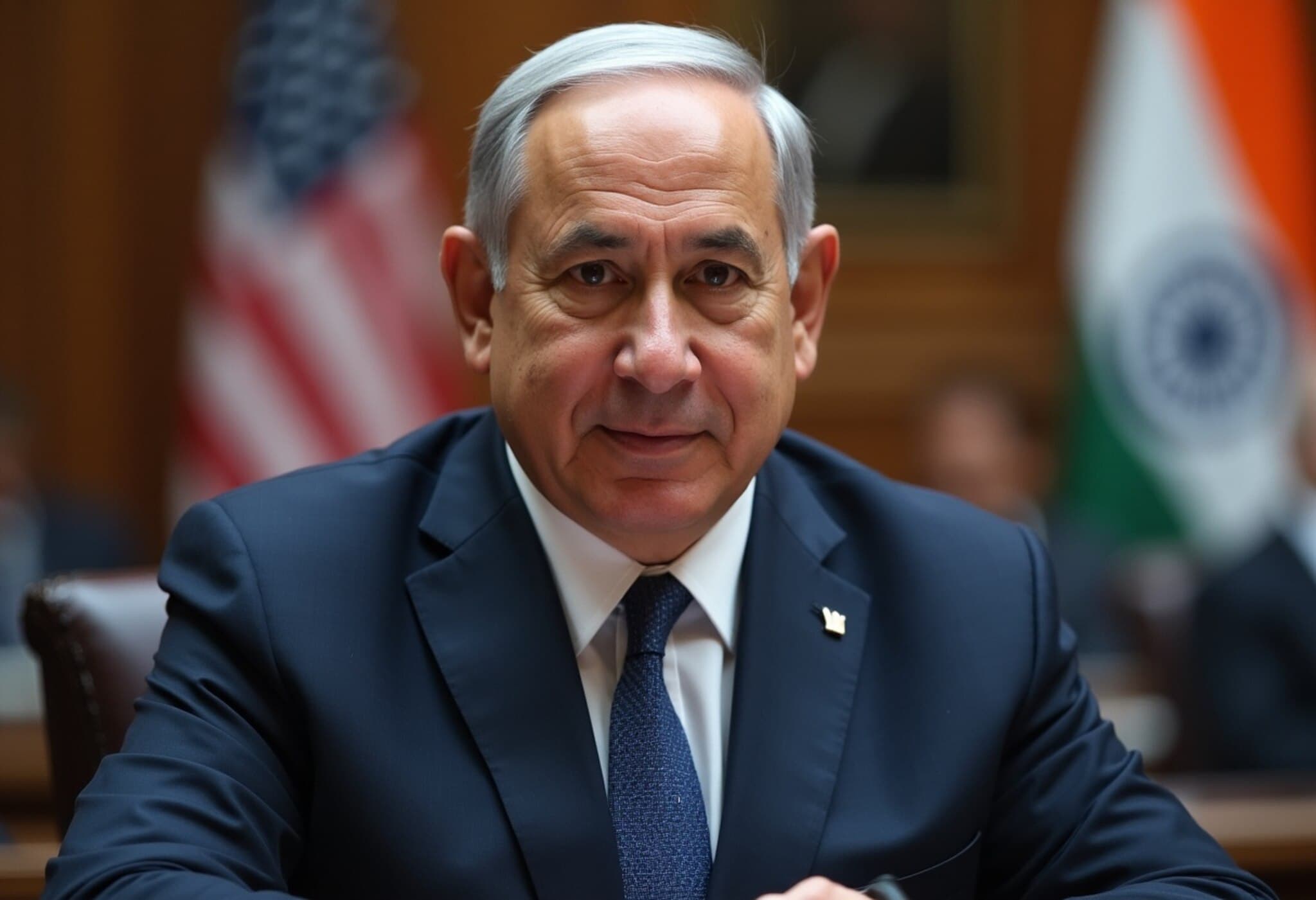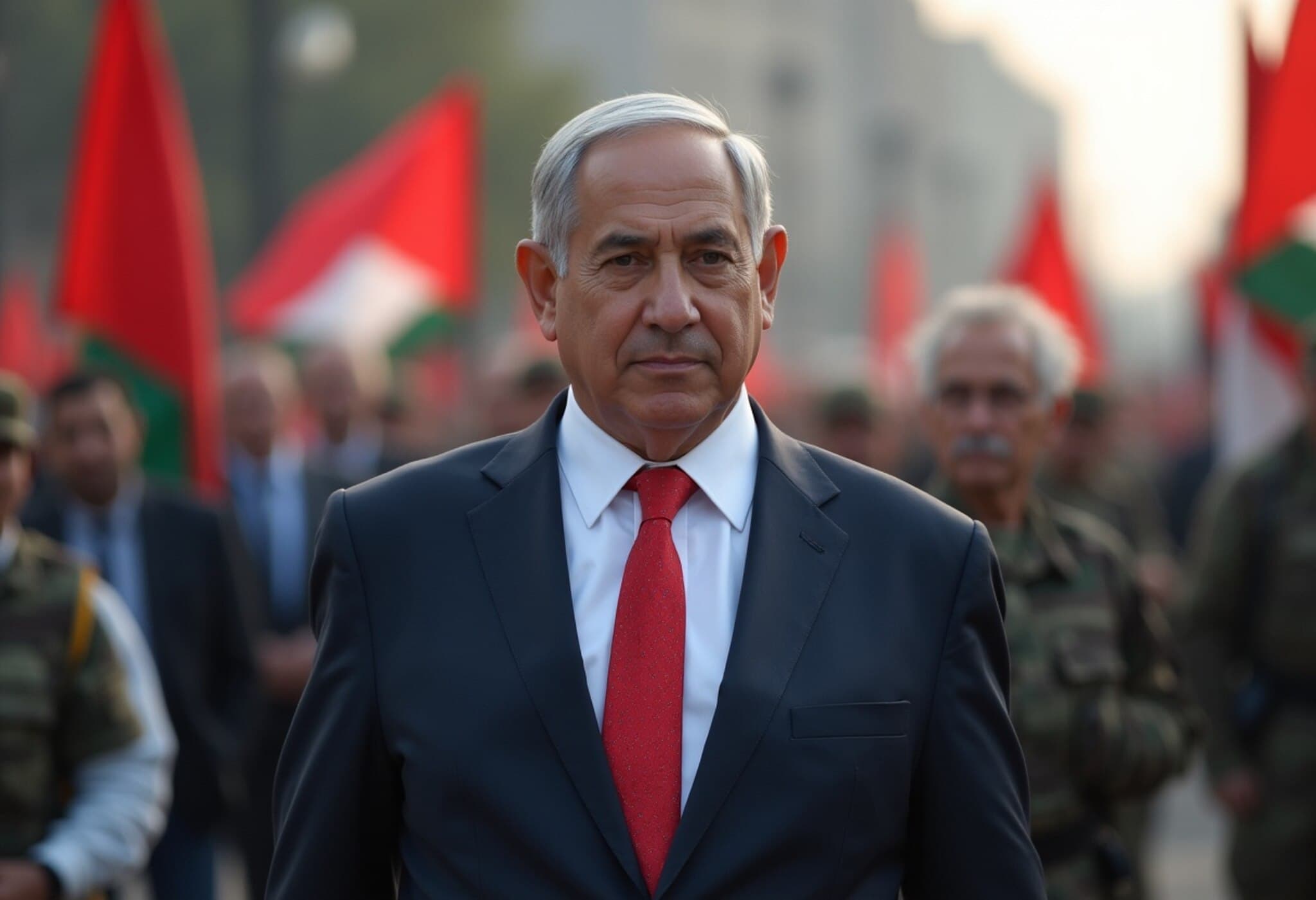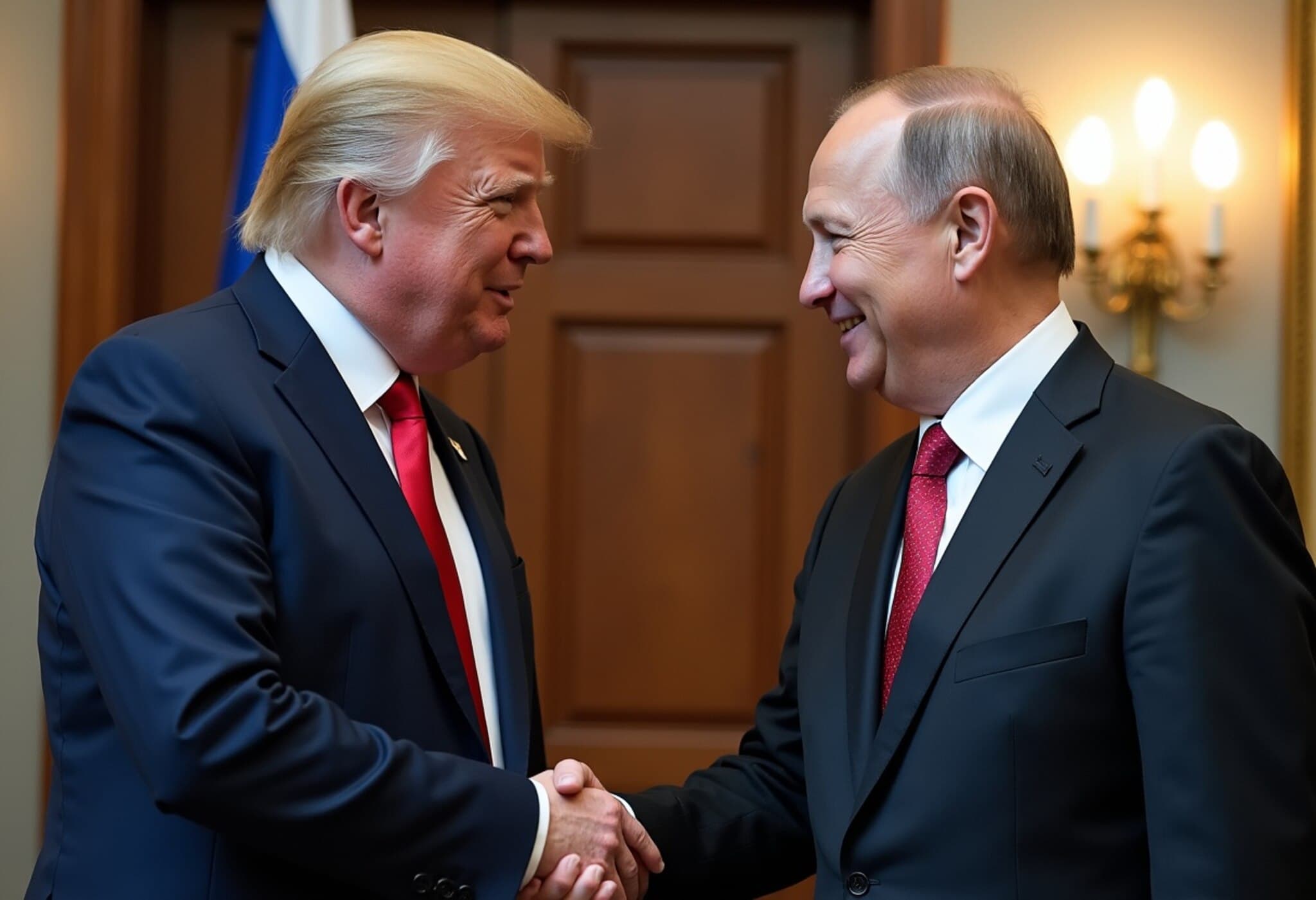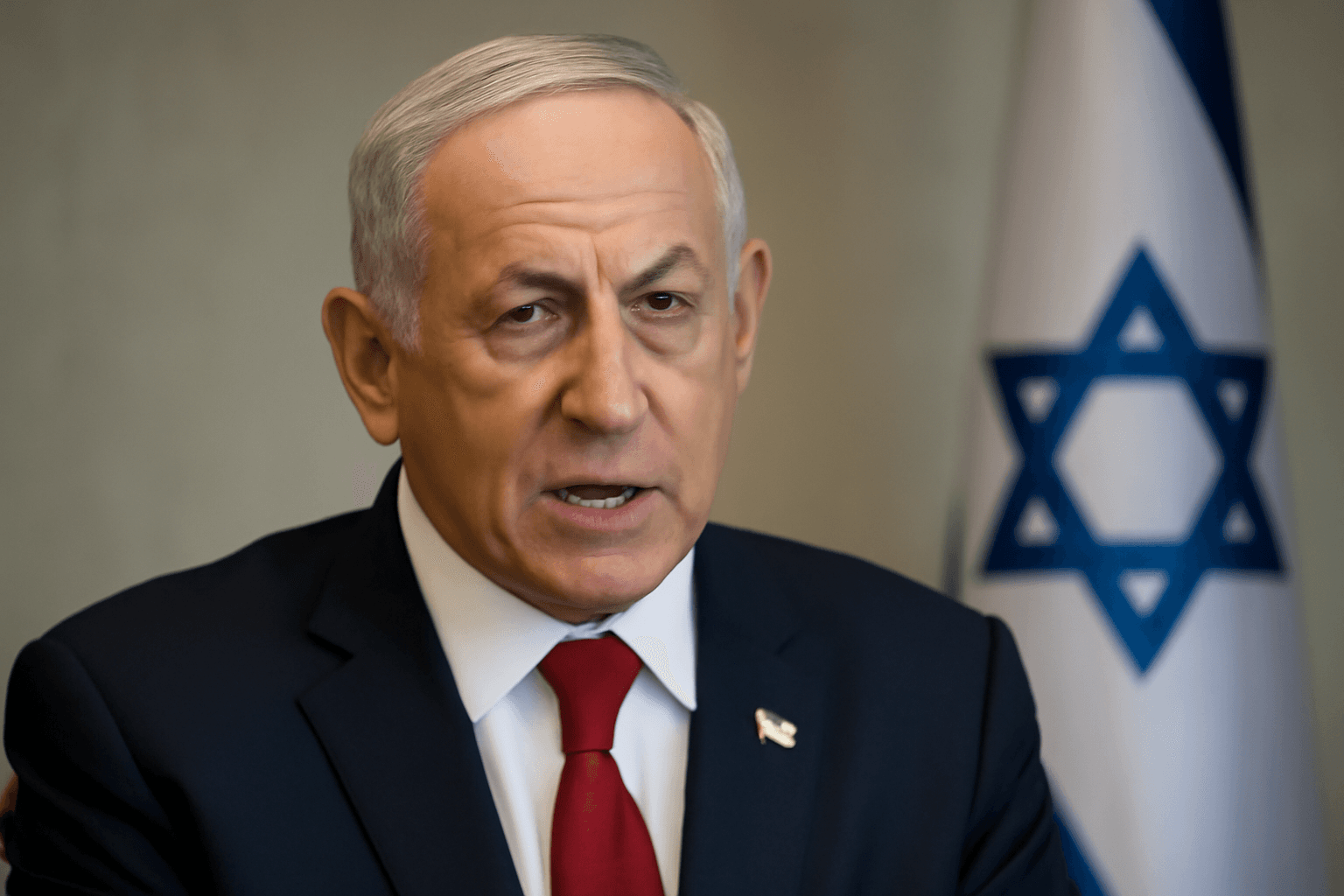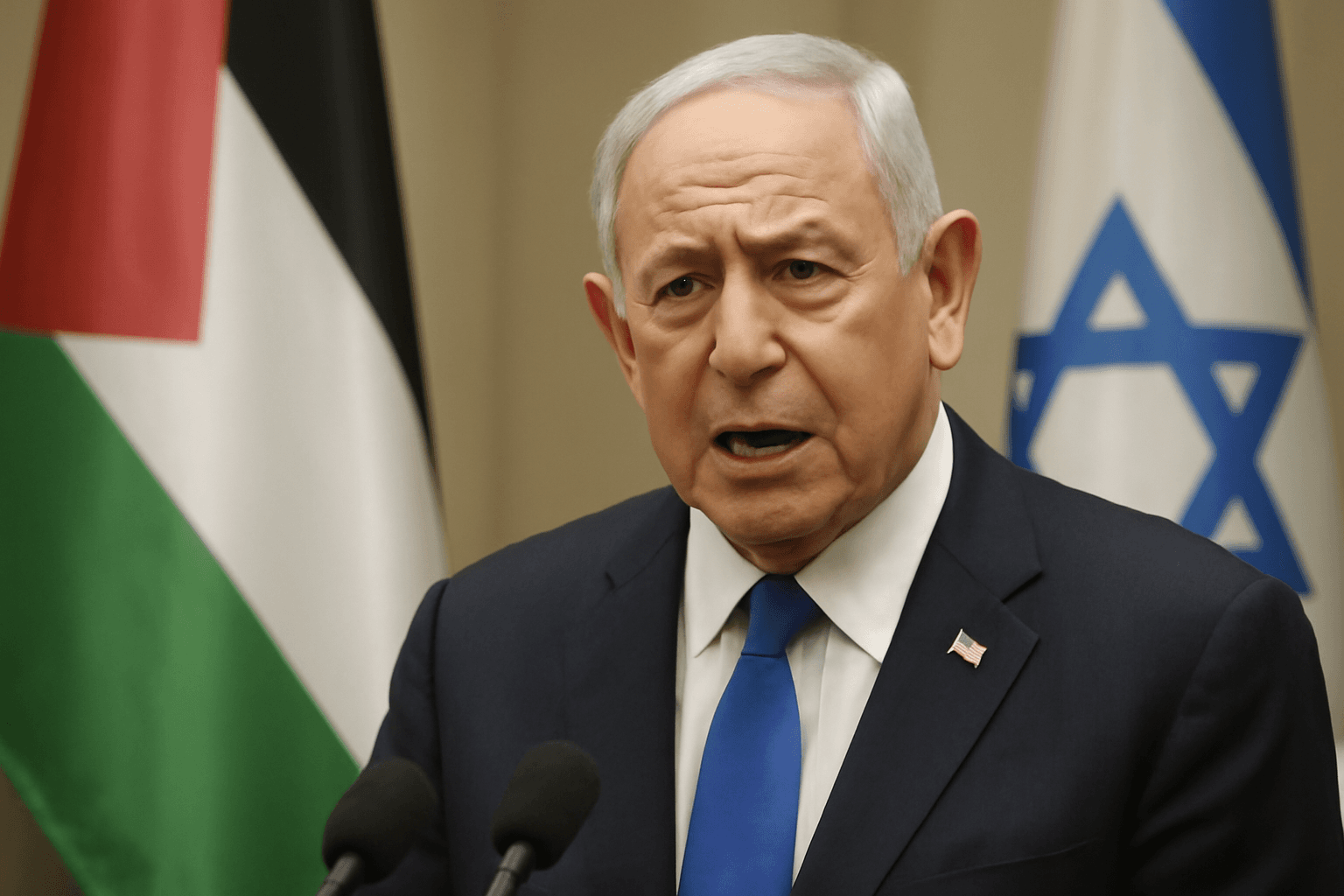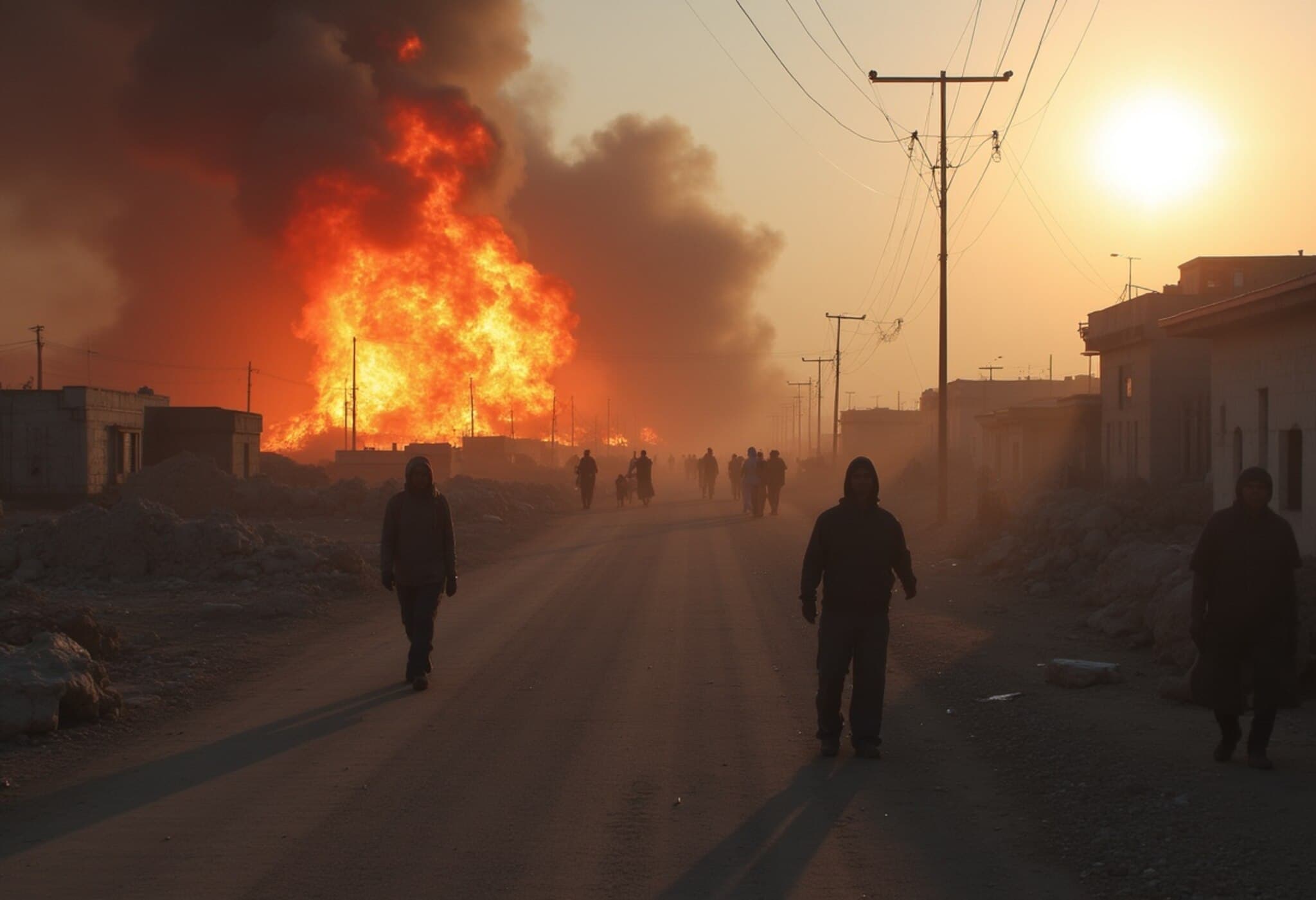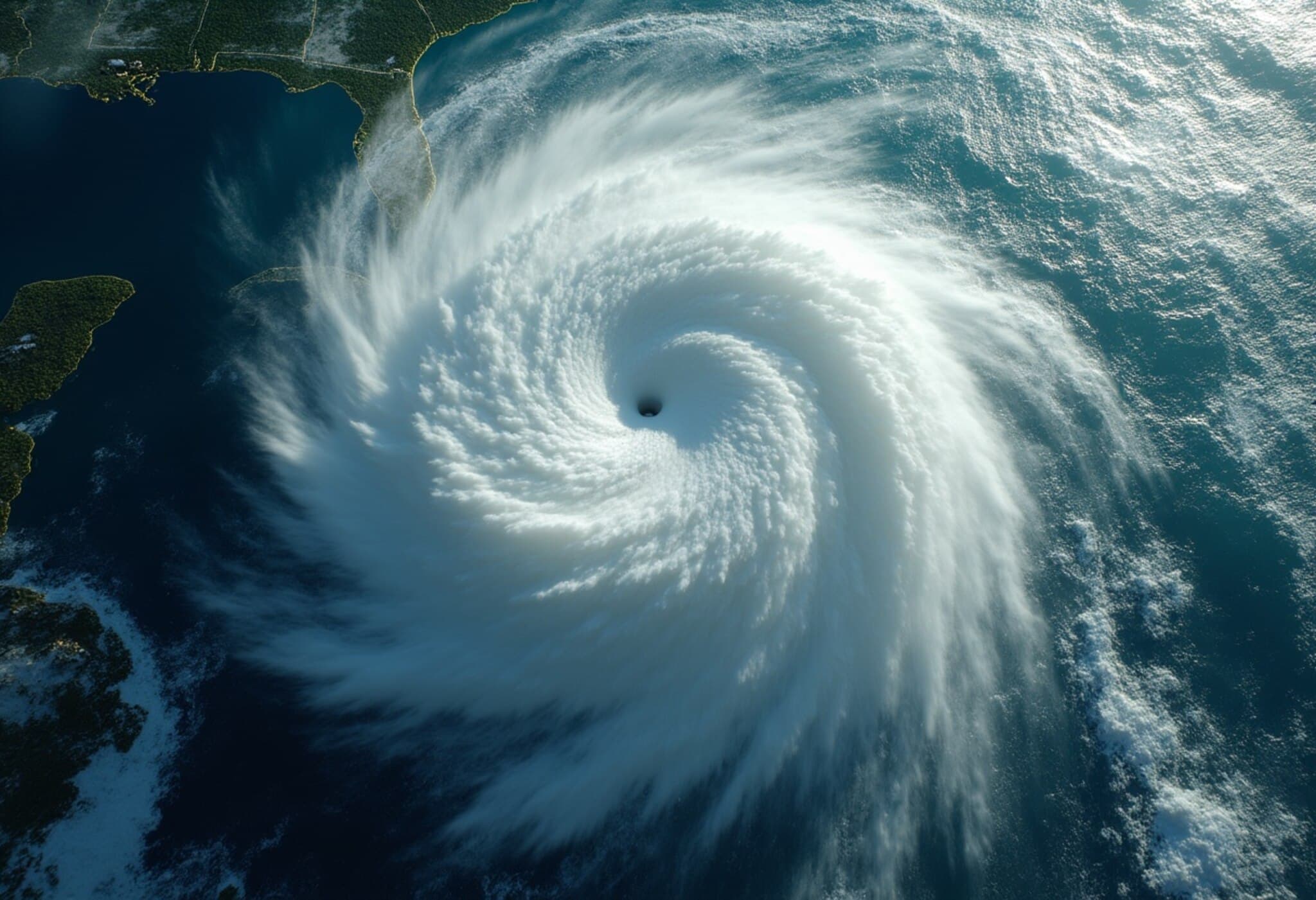Denmark’s PM Labels Netanyahu a ‘Problem,’ Advocates Tougher EU Sanctions
In a decisive and controversial stance on the ongoing Gaza conflict, Denmark’s Prime Minister Mette Frederiksen has voiced strong criticism of Israeli Prime Minister Benjamin Netanyahu, describing him as “a problem” and signaling that tougher measures akin to those imposed on Russia might be necessary. Speaking on August 17, 2025, Frederiksen revealed efforts to persuade the European Union to consider sanctions against Israel in response to the escalating humanitarian catastrophe in Gaza.
Why Frederiksen Rejects Immediate Palestinian Recognition
Contrary to some calls within Europe to immediately recognize a Palestinian state as a pathway to peace, Frederiksen cautioned that doing so now would fail to alleviate the suffering in Gaza, especially for vulnerable populations such as children. In a heartfelt Facebook post, she wrote, “Recognising Palestine here and now is not going to help the thousands of children who are currently fighting for their survival, no matter how much you want it. Instead, we need to increase the pressure on both Israel and Hamas.”
This nuanced position highlights Denmark’s commitment to a two-state solution, but only under conditions where a prospective Palestinian state would be stable, democratic, and free of Hamas influence. Frederiksen underscored that recognition must be mutual, emphasizing that “recognition must come with mutual recognition of Israel.” This approach aims to avoid empowering factions that could further destabilize the region.
Details on Proposed Sanctions and EU Debates
Holding the rotating presidency of the EU, Denmark is uniquely positioned to influence the bloc’s foreign policy direction. Frederiksen explained in an interview with Jyllands-Posten that Denmark is exploring a range of sanctions modeled after the punitive measures against Russia. These could target individual Israeli settlers and officials directly involved in contentious settlement expansions, in addition to broader restrictions on trade and research collaborations.
- Key sanction considerations: Individual targeting of ministers and settlers.
- Potential impact on trade and research partnerships.
- Efforts to build consensus among EU member states, though currently no unanimous agreement.
Frederiksen stressed that these sanctions aim to “have the greatest effect” in pressuring parties towards de-escalation and peace negotiations.
Contextualizing Criticism of Netanyahu and Israeli Policy
Frederiksen, historically a supporter of Israel, openly criticized Netanyahu’s leadership and policies, stating that Israel might be better served without him at the helm. She condemned settlement activities, particularly in the volatile West Bank’s E1 area, where plans for over 3,000 new housing units threaten to ignite further tensions.
Moreover, Frederiksen described the humanitarian situation in Gaza as “absolutely appalling and catastrophic,” emphasizing the devastating toll on innocent civilians.
This vocal critique marks a growing European frustration with Israeli policies that many view as exacerbating the conflict rather than resolving it. Denmark’s stance signals a willingness to rethink traditional alliances and adopt a firmer posture.
Implications for American Policy and International Relations
While Denmark leads calls for sanctions within the EU, the United States remains a pivotal player, historically providing robust support to Israel. Frederiksen’s rejection of proposals like former US President Donald Trump’s plan to recognize Palestine immediately indicates European caution in diverging from American diplomatic approaches. However, the moral urgency raised by the Gaza crisis could prompt fresh debates in Washington over the US’s role in facilitating peace and humanitarian aid.
Experts note that sanctioning Israel could complicate transatlantic ties and raise questions in Congress about future aid packages. Balancing human rights concerns with strategic alliances remains a delicate challenge.
Underreported Narratives and Broader Questions
What often escapes mainstream coverage is how sanction debates reveal deeper fractures within Western consensus on Middle East policy. Frederiksen’s call to pressure both Israel and Hamas underscores the complexity of assigning blame and responsibility amid asymmetric warfare and occupation dynamics.
Further, the controversy around settlement expansion in areas like E1 highlights how land disputes are not merely territorial but profoundly tied to identity, security perceptions, and international law.
Will the EU manage to coalesce around a unified sanctions strategy? How will Israel’s domestic politics evolve in response to European pressure? And crucially, what role will humanitarian imperatives play in shaping future diplomatic negotiations?
Editor's Note
Denmark’s unprecedented stance signals a pivotal moment in European engagement with the Israeli-Palestinian conflict. As humanitarian concerns mount, calls for sanctions raise vital questions about the efficacy and ethics of such measures. Readers should consider how these developments intersect with broader debates over international law, human rights, and diplomatic strategy in one of the world’s most enduring conflicts.
Continued scrutiny and informed discussion will be essential as events unfold, highlighting the importance of nuanced, evidence-based journalism in illuminating complex geopolitical realities.


